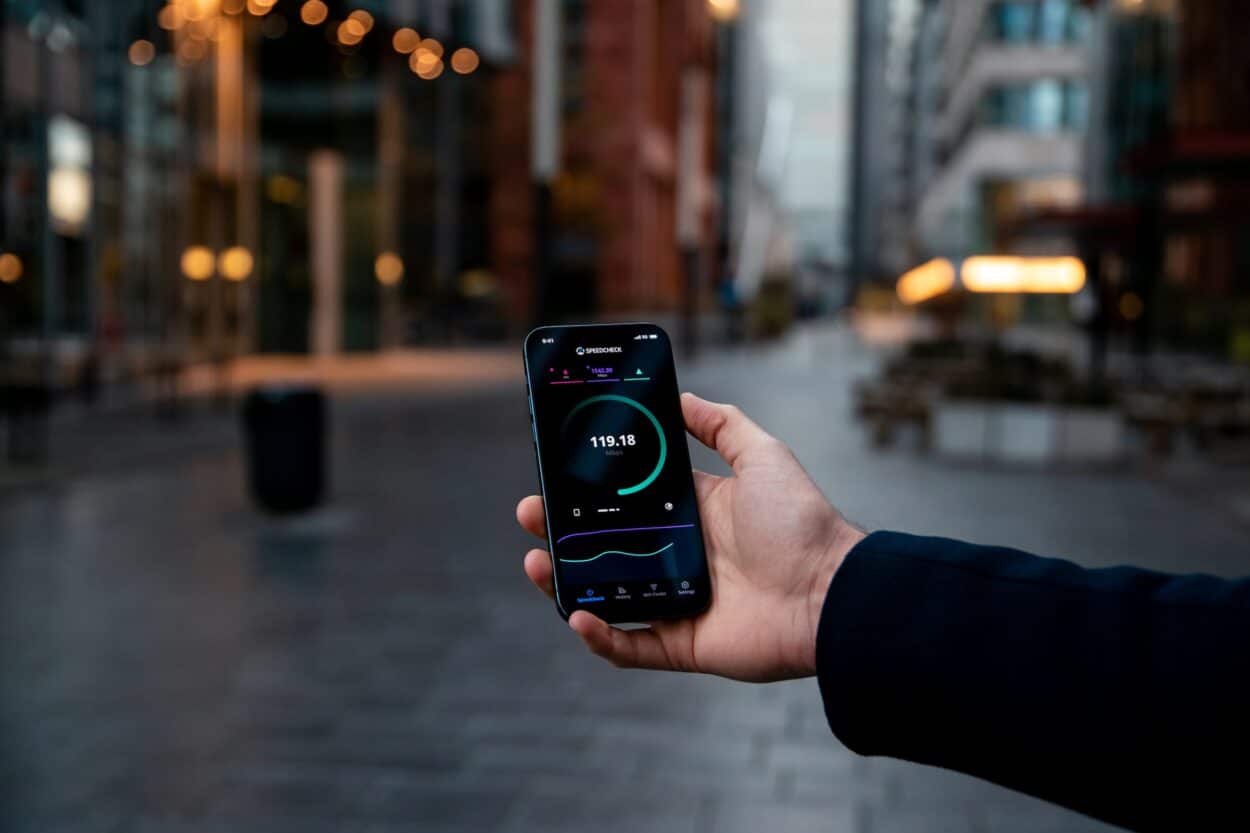London leads as Europe’s number one smart city with more 5G towers, EV charging stations and green infrastructure. The study by ProptechOS also compared capital cities in Europe to the US.
London has been rated as Europe’s No 1 smart city in a new study by ProptechOS. England’s capital was named by the real estate firm as the best-prepared city for a smart future, with an overall score of 73.7 out of 100, edging out Amsterdam in second place and Berlin in third with Paris and Lisbon coming in fourth and fifth respectively.
The study analyzed which cities had best adapted to emerging technologies and were prepared for a smarter future by looking at 100 capital cities in Europe and the US (capital and most populated)—it’s why Barcelona, known as the smart city leader, didn’t feature in the study. To decide the ranking, it took into consideration 11 key indicators of a smart city, as defined by the Organisation for Economic Co-operation and Development. Each factor was then grouped into one of three broader categories: technology infrastructure and connectivity, green infrastructure and technology-driven job markets.
London not only ranked the number one European smart city but it earned more points in the green infrastructure category compared to US and European cities combined.
London: More 5G Towers and EV Charging Stations
Smart cities manage the use of sensors, data, analytics and more through the implementation of 5G, which makes such fast connection and action possible. EE launched the UK’s first 5G service in May 2019 and initially covered parts of London and other cities in the UK. London has since become the city with more 5G towers installed than any other European city included in the analysis, and its average broadband speed of 82.7mbps is better than two-thirds of those featured. Still, a city can concentrate on a hefty 5G network but if it doesn’t have any green infrastructure, it won’t be classified as smart.

“The cities that will thrive in the future will be the ones best adapted to our new and greener ways of living,” Dr. Erik Wallin, founder and chief ecosystem officer at ProptechOS, said in a press release.
While Green infrastructure refers to the network of natural and semi-natural spaces and corridors in a given area, it also includes how buildings are designed to include nature via green roofs, living walls and access to outdoor green space. In this category, London has more green-certified buildings than any other European or American city, with 4,948 green-certified buildings. The green infrastructure category consisted of green-certified buildings and the number of public-access EV charging points.
Electric vehicles (EV) are considered to play a role in decreasing our use of fossil fuels—making them rather essential for smart cities—, and city officials have been working with automotive companies in the transition toward EVs for some time. In order to accommodate the operation of EVs, charging stations are a must. By the start of 2020, London was already equipped with nearly 5,000 charing points. The direction toward EVs has made such an impact that even large oil companies such as Shell are transitioning; early last year, the company turned one of its London petrol stations into an EV hub. Today, the city has more EV charging stations than any other city in Europe or the US, reaching 2,600 stations, equivalent to 29.2 per 10,000 people.
Tale of Two Cities: Where Paris Surpasses London
London has been a smart city pioneer over the past decade, with the rollout of contactless payments and mobile payments across its transportation system. In 2018, the Mayor of London’s Smart London Together Roadmap set a new direction focused on city-wide collaboration around design thinking, joining up useful data, digital infrastructure improvements, and growing local talent and innovation across its 32 boroughs. New technologies that have been recently implemented include EV charging points and e-scooters, in the push to become carbon-neutral by 2050. These initiatives are what puts London well ahead of Paris in the tech job market and green infrastructure categories.
Still, Paris slipped ahead of London by two points in the technology infrastructure and connectivity category, putting Paris ahead of all European cities in this section. The French capital has the sixth highest number of free public WiFi hotspots (10,663) and ranks fourth for most IoT firms headquartered there—not to forget the 29 corporations from the Fortune Global 500 who are also headquartered in Paris. The infrastructure and connectivity section comprised factors such as free WiFi hotspots, broadband download speeds, availability of airports, number of internet of things (IoT) companies and 5G network towers.
While Paris inched its way passed London in the arena of tech infrastructure and connectivity, it has a long way to go in terms of green infrastructure.

Europe Sits Behind US in Tech Jobs
China and the US remain ahead of other nations in their 5G rollout, yet Paris and London earned first and second place in the area of tech and connectivity infrastructure. Still, the list of top ten cities, of Europe and the US combined, comprises five US cities. And while London leads in the green infrastructure category, the US makes up seven out of the top ten cities in this section. Blatantly obvious is how Europe falls far behind the US in tech jobs, with the top ten cities all being located in the US.
“US cities have good infrastructure scores but where they considerably and consistently outperform European cities is in the tech job market domain. US cities are simply better hubs of human capital,” said a spokesperson for ProptechOS in an interview with ArchiExpo e-Magazine.
In terms of tech jobs per 10,000 people, London only ranks in 51st place because of its large population and the fact that there are many smaller cities with more roles per capita included in the study.
“Forward-thinking real estate owners and a concentration of tech talent drive London’s European leadership. Our index is based on observable quantitative indicators. Still, I think we can speculate that an enabling legislative and regulatory environment is helping to drive the (in this respect) well-functioning real estate and technology job markets,” said a spokesperson for ProptechOS in an interview with ArchiExpo e-Magazine.










